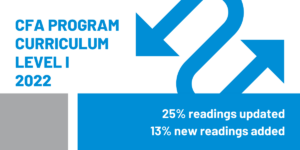SPAC_EduInvest-1 Courtesy : CBInsights & NASDAQ
Consumer Spending on Education – India ranks the highest across developed as well as emerging economies: The Sheer Size of the Total Addressable Market for…
Remember the Ship which had blocked the Suez Canal & for a weeks time the complete Trade between Europe and Asia was blocked which used…
What is it all about? Why should one study FM?? Here’s a quick introduction video on Financial Management from both Curriculum & real life perspective! by…
With due credits to Visual Capitalist
Basic Principles of Fiscal & Monetary Policy Infographic Courtesy by Federal Reserve Bank of Atlanta (All due credits)
What is RBI Monetary Policy?Monetary policy is the macroeconomic policy laid down by the Reserve Bank of India. It involves the management of money supply…



